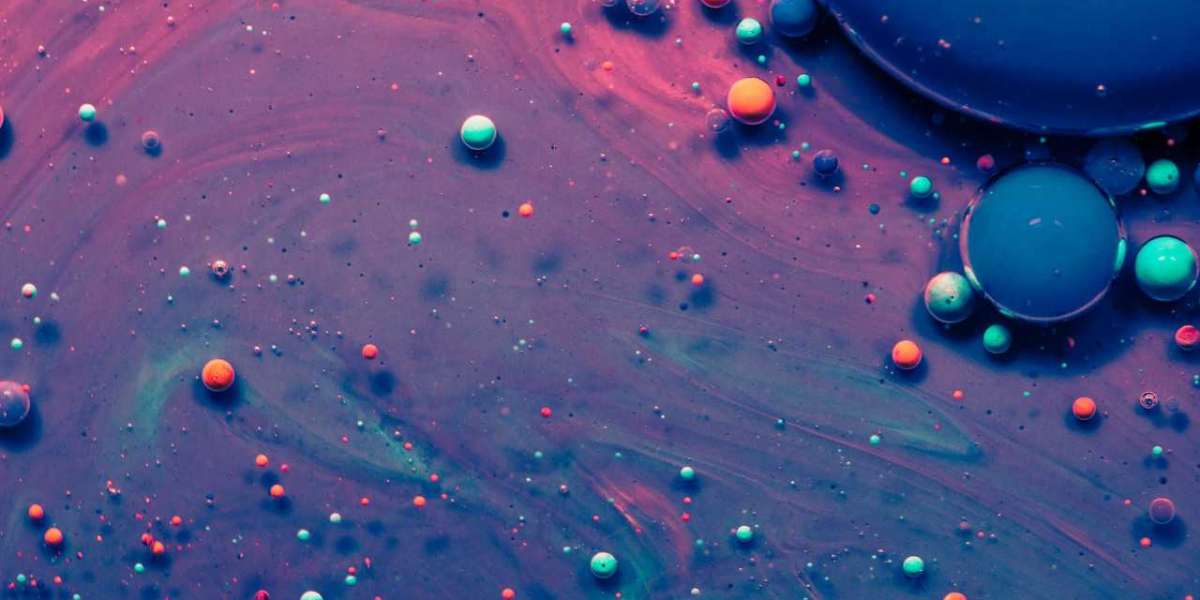You don’t know how much you miss your water heater until it is broken. The most relaxing and necessary parts of your day will be disrupted as you seek water heater repair. Without a properly working heater, your hot showers will be cold and even something as simple as doing the dishes will be impossible.
As you can imagine, a broken water heater is the cause of huge headaches for many homeowners. And, sadly, many of them are impairing and even ruining their water heaters without even knowing it. If you own a water heater, you need to be sure you are doing everything within your power to keep it strong and ready to last a very long time. So, what are the biggest dangers that could ruin your water heater forever?
Sediment Buildup: Over time, minerals and sediment will slowly accumulate at the bottom of your water heater’s tank. This buildup will then insulate the heating element or burner, reducing heating efficiency and potentially causing the tank to overheat and develop cracks.
Corrosion: The ugly enemy of corrosion can occur on the tank's interior or exterior. It's more likely to happen in older water heaters so people who own vintage homes need to be on the look out for this problem.
High Water Pressure: Excessive water pressure can strain the water heater's internal components, such as the tank and pipes, leading to leaks or damage over time. Installing a pressure-reducing valve can help mitigate this risk.
Overheating: In gas water heaters, the burner can ultimately overheat the water if the thermostat malfunctions or if the temperature is set too high. This can lead to scalding hot water, pressure buildup, and potentially damage to the tank.
Neglected Maintenance: Failing to keep up with routine maintenance, such as flushing the tank to remove sediment, can result in decreased efficiency and a shorter lifespan for the water heater.
Age: They cost a lot of money and they last a long time but even then water heaters almost always have a definitive lifespan that they won’t last beyond. Many traditional tank-style water heaters last about 10-15 years. As they age, they become more prone to various issues and may need replacement.
Water Quality: Poor water quality, especially in areas with high mineral content or corrosive water, can accelerate the deterioration of the tank and heating elements.
Physical Damage: Accidental impacts, such as dropping heavy objects on the water heater, can dent or damage the tank, potentially leading to leaks.
To prevent water heater damage and ensure its longevity, it's really improatnt that you perform regular maintenance, flush the tank to remove sediment, and address any issues promptly.
At the same time, a proper installation process as well as routine inspections by a qualified plumber can help identify and prevent potential problems so you never have to worry about temperature of your showers ever again.








